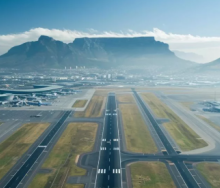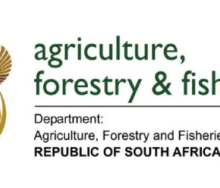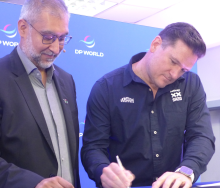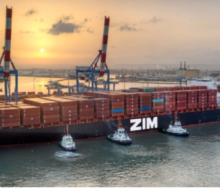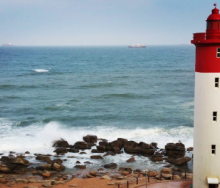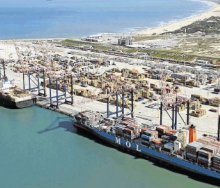Shippers who were hoping for a smoother cargo flow this year will have to think again.
“2021 proved a challenging year for global supply chains, seeing significant disruption and bottlenecks around the world,” said Maersk in a customer advisory circulated this week.
“We saw pockets of improvements, only to get setbacks when terminals or vessels encountered a Covid-19 outbreak.
“Unfortunately, 2022 has not started off as we had hoped.
“The pandemic is still going strong, and unfortunately we are seeing new outbreaks impacting our ability to move cargo. General sickness remains high as key ports in key regions are seeing new Covid-19 peaks.”
The situation is particularly challenging at several hub ports and gateway terminals, says Maersk, which has compiled a list of the current state of play.
While the numbers are far from optimal, says Maersk, there is cause for some optimism.
“The Port of Antwerp had up to ten days’ wait last week and this week the numbers could be down to two days.
Ongoing contingency plans will always be made with the objective of minimising supply chain delays.”
In China, the city of Beilun is also experiencing a Covid-19 outbreak.
Of the five container terminals in Ningbo, three terminals are located near the epidemic area but are so far operating with no positive cases reported.
“Vessel calls and departures are so far running as normal, as well as loading and discharge activities.
“After some days with revised operations, container gate-in and gate-out activities are now also back to normal with a combined yard density of around 75%.
“However, trucking services in Jinhua Yongkang, the mid-high-risk area of Beilun and the area outside the Zhejiang province, are suspended under the strict regulation by the epidemic prevention policy.”
Since it is a key passage for world trade, Maersk says they are monitoring the Ningbo situation very closely
Maersk’s contingency, which may be replicated by other carriers, will see a slowdown in sea transit for minimal queuing, opening substitute container depots or moving more cargo via alternative modes.


